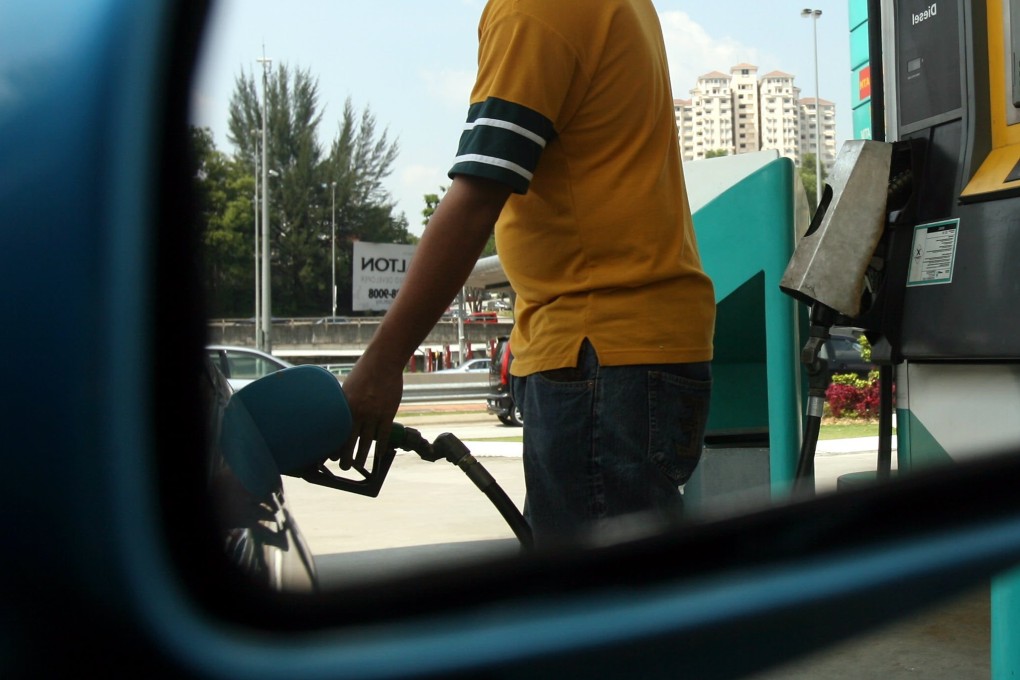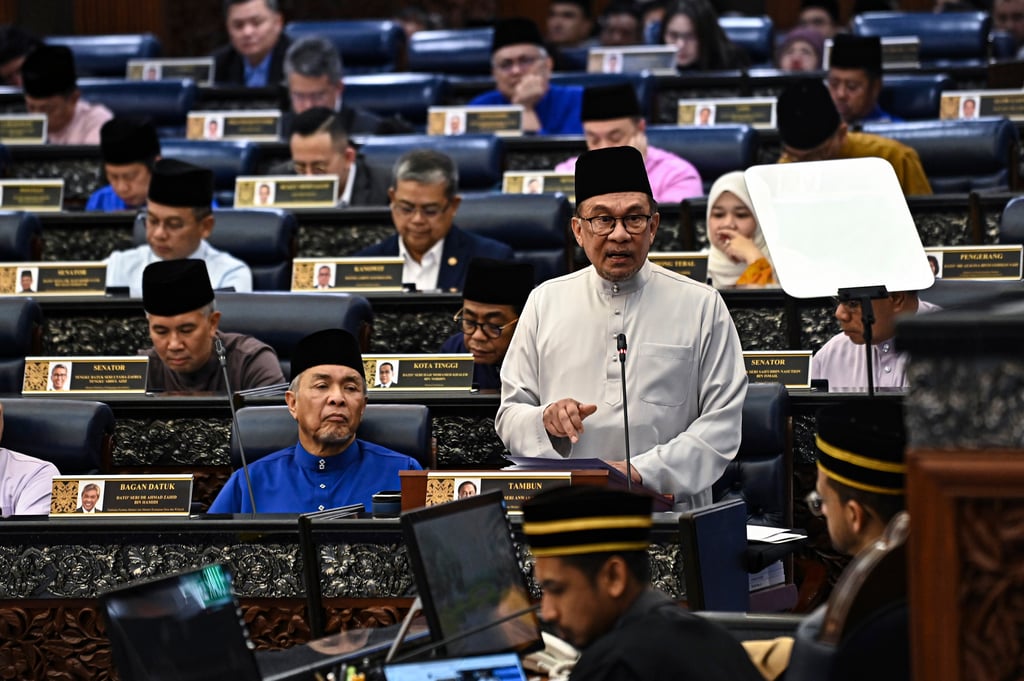Malaysia braces for ‘once-in-a-generation’ petrol subsidy rollback
The stakes are high with RON95 subsidies – Malaysians are so reliant on private transport that vehicles outnumber the population

The government is mulling a two-tier price system for the country’s most-widely used fuel, so that the wealthiest 15 per cent pay the market rate for RON95 petrol while the rest enjoy the current subsidised price, Economy Minister Rafizi Ramli said on Saturday. That’s expected to save the government 8 billion ringgit (US$1.9 billion) a year – though it could also trigger second-round price increases and lead to a surge in inflation, he said.
“We are prepared for the choppy waters ahead,” Rafizi said in an interview to be broadcast on Monday. While the government has spent time readying the masses and explaining their reasoning for the subsidy reforms, “it’s a once-in-a-generation decision that affects everyone’s lives.”

Rolling back diesel subsidies in June was followed by the ruling coalition’s loss in a by-election. While it rebounded in two subsequent polls, the stakes are higher with RON95 – Malaysians are so reliant on private transport that vehicles outnumber the population.
We don’t want to be a one-hit-wonder boy band
Inflation is the government’s biggest concern, according to Rafizi, even though only a fraction of the population will be subjected to higher RON95 prices.
